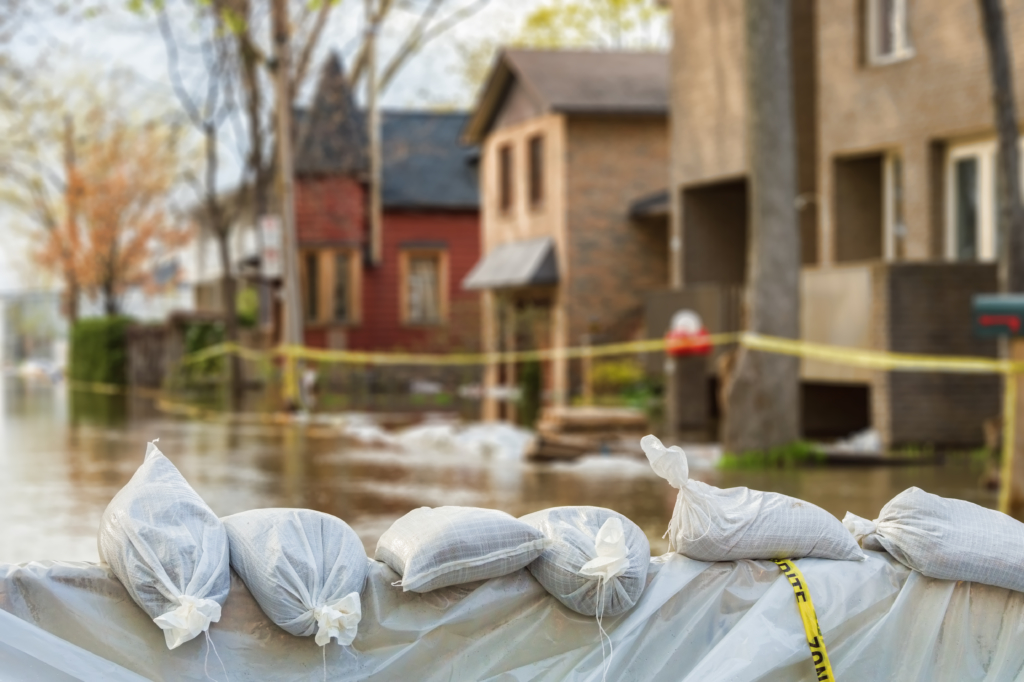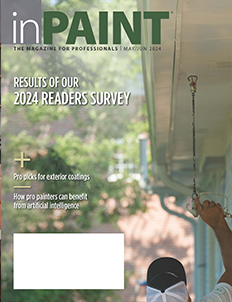Post-disaster contracting
 In the aftermath of a disaster, the need for quality contractors is high. But for inexperienced pros, the process of landing work can be confusing, if not impossible. Key to winning the work is knowing the basic ground rules.
In the aftermath of a disaster, the need for quality contractors is high. But for inexperienced pros, the process of landing work can be confusing, if not impossible. Key to winning the work is knowing the basic ground rules.
FIRST THINGS FIRST
According to Carter Merkle, program manager of the Oklahoma Bid Assistance Network PTAC, “There are really two types of work after a disaster: government and private.”
Merkle explains that government work is awarded by either local agencies and/or FEMA or other federal agencies. “But FEMA does not even come into an area until they are invited to do so and, for that reason, most of the decisions on cleanup and rebuilding are made by local government. The private work begins once the insurance companies arrive on the scene. Landing private work is familiar. It’s the typical consumer-contractor exchange.”
However, winning the often-substantial government contracts is a bit more involved, and the first step is to find your local PTAC at APTAC-us.org. A PTAC procurement counselor will help save you time and costly mistakes. And the service is publicly funded, so there is little to no cost to you.
FUNDAMENTALS AND FOLLOW-THROUGH
The law requires FEMA to contract with businesses located in the affected area of a disaster whenever feasible and practical. However, as you might expect, contracts often go to entities the agency already has an established relationship with. But because the nature of disasters tends to be large scale, there’s still plenty of work to be had by new players.
“If you don’t have an existing relationship with the assigning agencies, the first step to winning work is to get registered in the various federal, state and local databases,” says Merkle. The first place you need to register is the System for Award Management (SAM.gov), followed by the Dynamic Small Business Search (DSBS.sba.gov). Note: You register on DSBS through a link within SAM.
“You want to make sure that your information in these listings is complete and accurate, especially when it comes to capabilities,” says Merkle. “Your website is also important, as it’s not unheard of for assigners to do a simple Google search to find talent in the area. If you’re not promoting what you can do, they’re not going to know it.”
BE PROACTIVE, NOT REACTIVE
Because relationships can be key to winning work, it pays to build them before disaster strikes.
Merkle states, “Knowing the local emergency management people is key. It’s not always easy to get their attention when there’s not a disaster, but if you can get their ear and learn how they buy, where they look for contractors, and even who handles the actual contract, that’s pretty much gold. Reach out to those individuals and demonstrate your interest and capabilities.”
PLENTY OF OPPORTUNITY FOR SUBS
For small contractors looking to tap this market, Merkle suggests partnering up with what are known as ‘prime contractors.’ Those are the big guys that agencies regularly go to with work.
Ask agency staff for their top 10 to 20 contractors and reach out to them directly or you can do a little digging on your own or with your PTAC counselor. “You can mine current contracts on Federal Business Opportunities (FBO.gov).
You can use FPDS.gov or USASpending.gov to find past contracts and also which prime contractors have contracts that include the type of work you’re interested in doing. Reach out to them to ask what work they typically subcontract and let them know where you work and what equipment and skills you can bring. They can’t call you if they don’t know you. It’s your job to make sure they do.”




